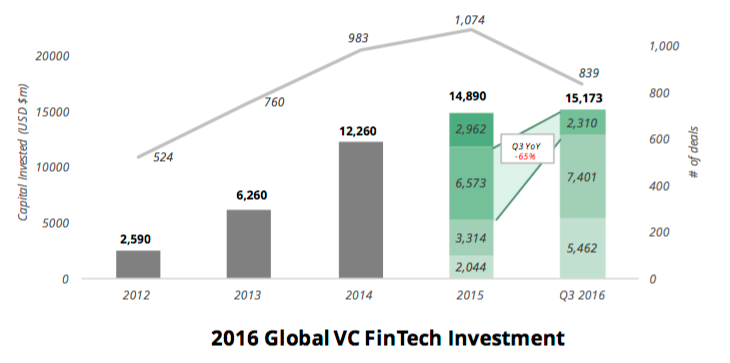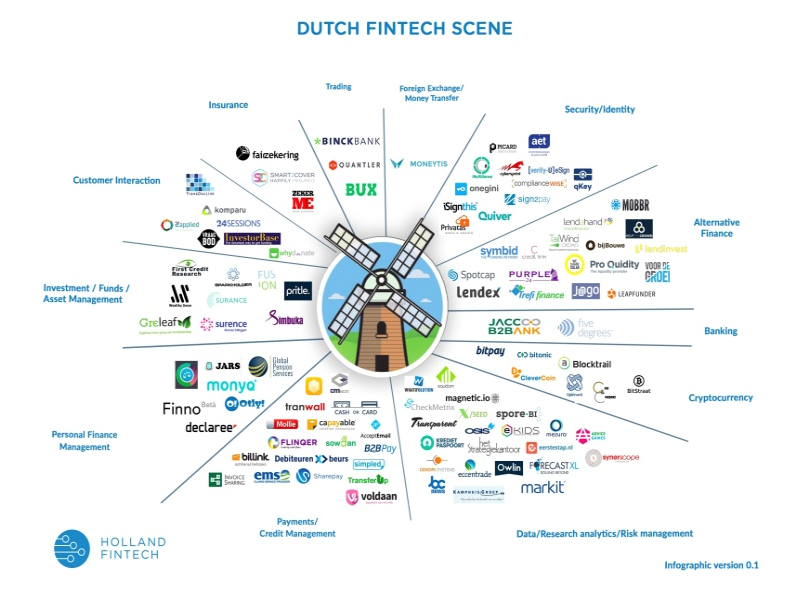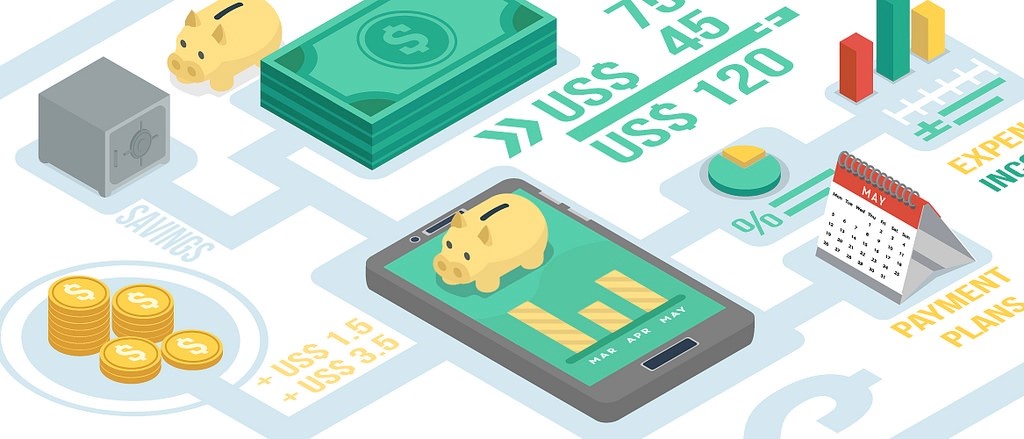Alternatives to banks – Is Fintech the answer?
| 14-12-2017 | treasuryXL |
 With the steady rise of Fintech within the finance industry some people are already calling for the demise of banks as the historical financial partner of choice for corporates. Certainly, Fintech is showing itself to be very dynamic, offering many new products and solutions, and being a lot swifter than the banks. Banks seem to have grown too big and complacent, are being weighed down by new rules and regulations, are less prominent in the field of funding for corporates, and possibly have lost their focus on what used to be core businesses. But let us examine the relationship between bank and client.
With the steady rise of Fintech within the finance industry some people are already calling for the demise of banks as the historical financial partner of choice for corporates. Certainly, Fintech is showing itself to be very dynamic, offering many new products and solutions, and being a lot swifter than the banks. Banks seem to have grown too big and complacent, are being weighed down by new rules and regulations, are less prominent in the field of funding for corporates, and possibly have lost their focus on what used to be core businesses. But let us examine the relationship between bank and client.
The roles of a bank
Banks are, first and foremost, used so that clients can obtain and use financial services. Opening and maintaining accounts enable money to be received and paid – in this way the day-to-day financial operations of the client can be performed. Furthermore, banks offer additional services that compliment the needs of a client – business credit cards for key staff, sales services such as processing of credit card payments for goods, payroll services, online banking, loans and lines of credit.
What does a client want from a bank?
One of the main priorities is that there is an established history and a good working relationship – that the bank understands the client’s needs. A key indicator of a good relationship would be the ability and the willingness of the bank to provide funding to the client. If the bank wished the client to bank and deposit their money with them, then they should be prepared to extend credit where possible – if it meets the criteria of the bank. Running any business means there will be times when liquidity is scarce and a bank that refuses to extend credit runs the risk of losing the client. Other criteria can include the cost of banking services, support given, quality of delivery, credit rating and the overall efficiency of the services.
Fintech solutions
Fintech can provide genuine alternatives to existing banking services as they can compete with modern products – like giant ocean-going tankers, banks are large and very slow to turn around. Most bank services are still paper intensive and require many authorized signatures. By digitizing services, Fintech can reduce the transaction costs and the time taken to authorize a service. Fintech orientated lending services (like B2B) are entirely online and can be quickly approved. Through lending platforms, the risk can be spread out among many lenders.
Can the banks respond?
Banks have at their disposal very large existing customer bases and a wealth of proprietary data relating to the behaviour and patterns of their clients. This is a large untapped potential that does not need to be found or bought. If banks can utilize this data whilst offering a Fintech type of online service that is quicker and more efficient there is a possibility to fight back. The main option for banks would be to examine the Fintech companies and buy the ones that have the best products to compliment the requirements of the bank’s customers. As Fintech works in a different manner to traditional banking, this would require banks to develop internal incubators to discover new products and services that could be offered to customers. Alternatively, banks could look to design and implement their own solutions, but they appear to be behind the speed and knowledge of Fintech and might never be able to catch up.
One last word of advice
Realistically, Fintech offers attractive alternative solutions to banks. However, the power of the personal relationship should never be underestimated. We build relations slowly and by results – the cheapest offering does not get all the business. Having an account manager at a bank can be highly beneficial for a client – one point of contact, good understanding, a history. When things go wrong, you pick up the phone and call the account manager and he/she sorts out your problems. With Fintech, this could mean phoning numerous different companies to achieve the same result that can be obtained with just one account manager at a bank.
Choice is personal, but preference is normally determined by experience.

 FinTech is a term that is becoming popular in the financial world. Only one third of the financial experts know what this means and understands what consequences it has for their business. How this innovation is currently changing the ecosystem of money, is still relatively unknown.
FinTech is a term that is becoming popular in the financial world. Only one third of the financial experts know what this means and understands what consequences it has for their business. How this innovation is currently changing the ecosystem of money, is still relatively unknown.




